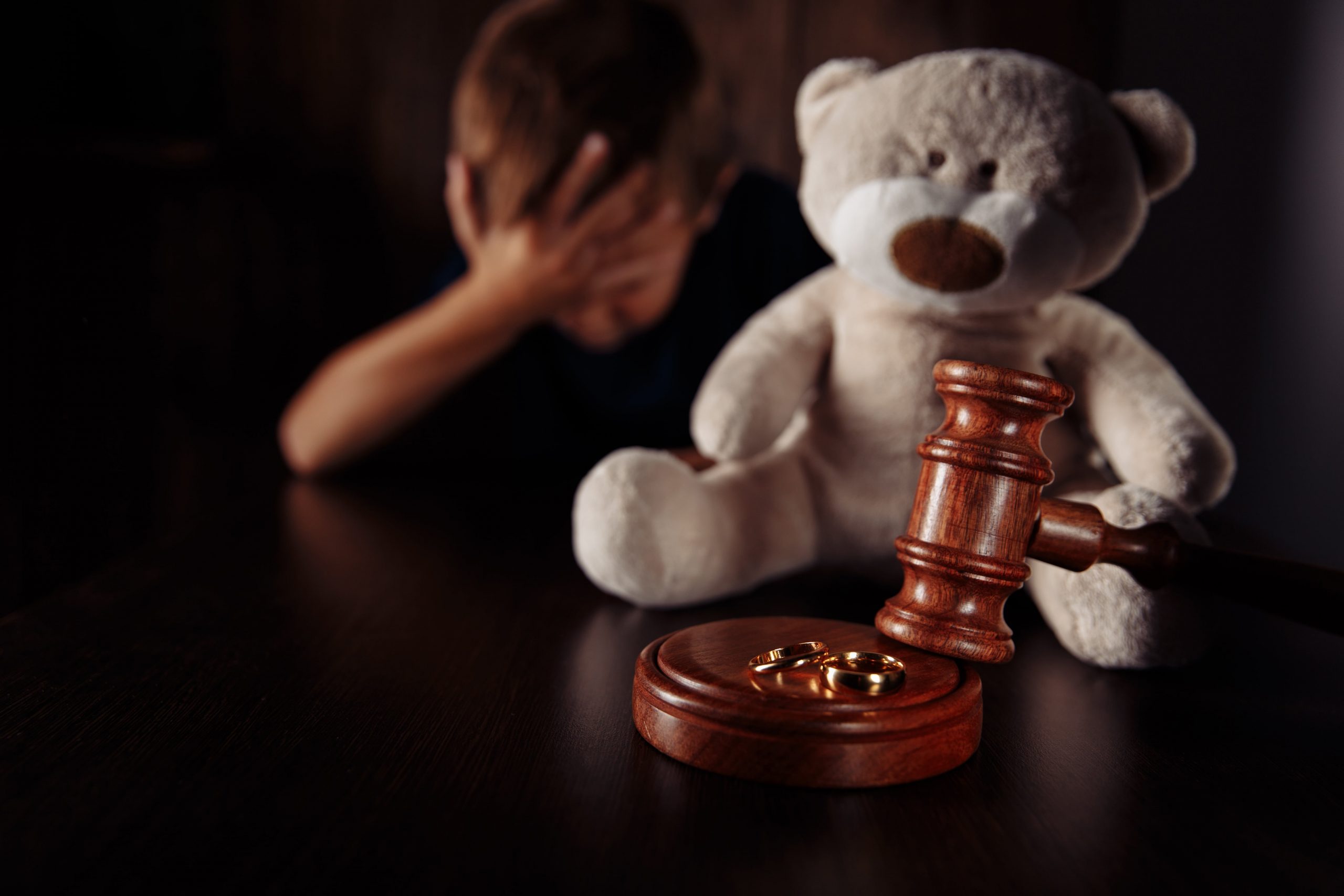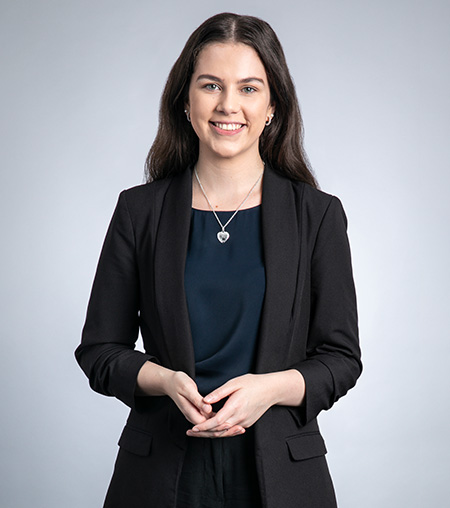Share This Article
ArrayKey Takeaways
The child sexual offences evidence program intends to provide greater support for child sex abuse victims during criminal proceedings prior to and during court in New South Wales by way of holding pre-recorded evidence and witness intermediaries to reduce the trauma of giving evidence during trials in front of a jury and the accused. This program is introduced by the new Part 29 of the Criminal Procedure Act 1986 (NSW).
The NSW Government has announced that a program seeking to provide greater support for child sex abuse victims will soon be rolled out across every District Court in the state.
This essentially means that child complainants of sexual offences will now be able to pre-record their evidence, as well as have a professional intermediary who provides support including during hearings by seeking to ensure questioning does not create further trauma for the child.
The ‘Child Sexual Offences Evidence Program’ originally began as a pilot program, only being available at the Sydney District Court and Newcastle District Court.
Matters from the corresponding South-West Metropolitan, Central Metropolitan, and parts of the Northern Police Districts were able to be referred to these courts.
The program commenced in 2016, with the state government investing more than $28 million in 2018 to make it permanent in these select locations.
Experts and victims continued to campaign for the program to be available state-wide.
Two main advocates for this push were Pippa and Rose Milthorpe, who were sexually abused as children by a close family friend.
Rose reported the abuse when she was five years old, and Pippa was eight.
The trial proceedings, which were not a part of the pilot program, were two and a half years after the abuse was reported, lasting four and a half weeks.
Both sisters reported that the proceedings further traumatised them.
Numerous incidents occurred, including the girls bumping into the offender in the court foyer and their parents not being permitted to be present as they faced days of cross-examination.
The matter was also moved to Sydney prior to trial, and as the family lived in Albury, they were forced to travel and stay in Sydney for five weeks.
In September 2022, Rose became the youngest ever sexual abuse victim in Australia to obtain court approval to speak publicly about her story under her own name. In November, both Rose, now 14, and Pippa, now 17, waived their right to anonymity to speak publicly about the proceedings and the need for stronger protections to be in place during court.
“In 2022, our girls decided they wanted to raise awareness of the current situation for the 96 per cent of children who live outside those two jurisdictions.” explained their mother, Michelle Milthorpe.
NSW Premier, Dominic Perrottet commented that he had heard about the girls’ story and stated that expansion of the ‘Child Sexual Offences Evidence Program’ seeks to remedy many of the issues faced by the pair.
Perrottet explained: “as soon as I heard about it, and importantly, that there was already a solution there – that we were actually running these programs in two locations in NSW – as soon as I read it, [I thought] we’re going to fix this, and we’re going to roll it out so that no other child ever has to go through what Pippa and Rose went through.”
It will now be rolled out across the state from 1 July 2023, which will involve an investment of $64.3 million over 4 years.
The Social Policy Research Centre at UNSW undertook an evaluation of the program which found that participants strongly supported it due to how it reduced stress for involved children, leading to a better quality of evidence.
What is the Child Sexual Offences Evidence Program?
The relevant legislation that governs the ‘Child Sexual Offences Evidence Program’ is Part 29 of the Criminal Procedure Act1986 (NSW) which was amended by the Criminal Procedure Amendment (Child Sexual Offence Evidence Pilot) Act 2015(NSW).
It will apply to trials for matters in which a child complainant and a prescribed sexual offence are involved. Prescribed sexual offences include sexual assault, sexual touching, and other sexual acts.
The two most significant changes are the introduction of:
- Pre-recorded evidence, and
- Witness intermediaries.
Pre-recorded evidence hearings
The introduction of pre-recorded evidence essentially involves children giving evidence at an earlier date, via audio-visual link, without the presence of the jury.
This evidence is to be recorded and subsequently viewed or heard by the Court in the presence of the jury, during the trial proceedings, as per section 85.
The recorded testimony essentially serves as the primary evidence for the trial.
As in regular trial proceedings, the pre-recording sessions allow for additional questioning, cross-examination and re-examination by both prosecution and defence representatives.
However, notably, witness who gives evidence at a pre-recorded evidence hearing cannot give further evidence without the leave of the Court, as per section 87.
Circumstances in which the Court may grant leave include where the witness or other party seeking leave has become aware of a matter that they could not have reasonably been aware at the time of the recording, or it is otherwise in the interests of justice to give leave.
If the court grants leave, the further evidence is, so far as practicable, to also be given by pre-recording at a hearing in the same way as the original pre-recorded evidence unless the Court otherwise directs.
This makes it incredibly important for the prosecution to ensure all evidence to be relied upon is served prior to the pre-recorded hearing dates.
The evidence of a witness who is less than 16 years of age when the accused person was committed (essentially where their plea is entered) for trial or sentence, must be given via a pre-recorded hearing.
If the witness is 16 or more years of age, the court may on its own motion or on the application of a party to proceedings direct that their evidence be given at a pre-recorded evidence hearing.
If an order is made, they will be entitled to give evidence in accordance with it even if the person becomes an adult.
A witness who gives evidence at a pre-recorded evidence hearing must not be present in the Court while it is viewing or hearing a recording unless they choose to do so.
Witness intermediaries
A witness intermediary is an expert who has a background in social work, psychology, teaching, occupational therapy, or speech pathology.
Victims Services in the Department of Justice has a panel of suitable persons available who can be appointed.
They are meant to act as impartial officers, who can seek to guide questioning ensuring the child is able to communicate effectively and isn’t inappropriately addressed.
The court will appoint a witness intermediary for a child under 16, with those between the ages of 16 – 18 with communication challenges able to be appointed a witness intermediary either by the judge or upon request, as per section 89(3).
Witness intermediaries are able to prepare reports regarding the child.
These reports will address general observations, attention and listening skills, comprehension, speech sound intelligibility, reading and writing ability, and any other relevant information.
During the pre-recording, they assist the witness and are able to intervene on the questioning where necessary.
Notably, it is emphasised that they should not act as an advocate or ‘supporter’ for the child, but rather an impartial third party.
As per section 88, the witness intermediary is to facilitate communication of questions put to the witness, and answers given by the witness in reply.
It is able to explain such questions or answers so far as necessary to enable them to be understood by the witness or questioning party.
Whilst the scheme has been strongly supported, some criticisms levied include that witness intermediaries can sometimes become overzealous in their involvement and disrupt the evidence of the witness and prolong questioning.
Book a Lawyer Online
Make a booking to arrange a free consult today.
Call For Free Consultation
Call Now to Speak To a Criminal Defence Lawyer
Over 40 Years Combined Experience
Proven SuccessAustralia-Wide
Experienced LawyerGuarantee
 (02) 8606 2218
(02) 8606 2218
 (02) 8606 2218
(02) 8606 2218












